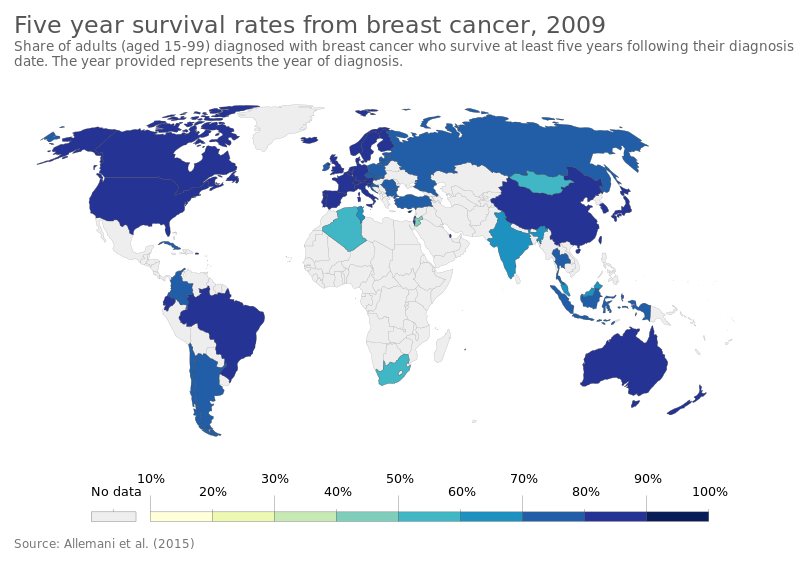Study Links Black Coffee Consumption to Reduced Mortality Risk

In a significant observational study conducted by researchers at the Gerald J. and Dorothy R. Friedman School of Nutrition Science and Policy at Tufts University, findings indicate that consuming one to two cups of black coffee daily is associated with a 14% lower risk of all-cause mortality compared to non-coffee drinkers. This research, published in the Journal of Nutrition on June 18, 2025, underscores the potential health benefits of coffee, particularly in its unadulterated form.
The study analyzed data from nine cycles of the National Health and Nutrition Examination Survey (NHANES) spanning from 1999 to 2018, which included a representative sample of over 46,000 adults aged 20 years and older. Researchers categorized coffee consumption based on type—caffeinated or decaffeinated—and examined the impact of added sugar and saturated fat on mortality outcomes. Low added sugar was defined as under 5% of the Daily Value, equivalent to approximately half a teaspoon of sugar per cup, while low saturated fat was set at 5% of the Daily Value, approximately one gram per cup.
Fang Fang Zhang, the senior author of the study and the Neely Family Professor at the Friedman School, stated, “With nearly half of American adults reporting drinking at least one cup of coffee per day, understanding its health implications is crucial.” Importantly, the study revealed that while moderate coffee consumption is linked to lower mortality, high levels of added sugar and saturated fat negate these benefits. For instance, coffee drinks featuring significant sweeteners and high-fat content did not show similar protective effects against mortality.
The analysis further indicated that individuals consuming at least one cup of coffee daily had a 16% lower risk of all-cause mortality, which increased to 17% with two to three cups per day. However, consumption beyond three cups did not yield additional mortality benefits, and the association with cardiovascular disease mortality weakened at higher consumption levels. Notably, the study found no significant relationship between coffee consumption and cancer mortality.
Bingjie Zhou, lead author and a recent Ph.D. graduate from the nutrition epidemiology and data science program at Tufts, emphasized the importance of understanding the impact of additives on the health benefits of coffee. “Few studies have examined how coffee additives could impact the link between coffee consumption and mortality risk,” Zhou remarked. “Our research aligns with the Dietary Guidelines for Americans, which recommend limiting added sugars and saturated fats.”
Despite the compelling findings, the study is not without limitations. Self-reported dietary recall data is inherently subject to measurement errors, and the low consumption rates of decaffeinated coffee among participants may account for the lack of significant associations observed. Future research is needed to further elucidate the relationship between coffee consumption, dietary habits, and health outcomes.
The implications of these findings could influence public health recommendations regarding coffee consumption and dietary practices. As coffee remains one of the most widely consumed beverages globally, understanding its health effects is increasingly relevant in the context of dietary guidelines and individual health management strategies.
Advertisement
Tags
Advertisement





